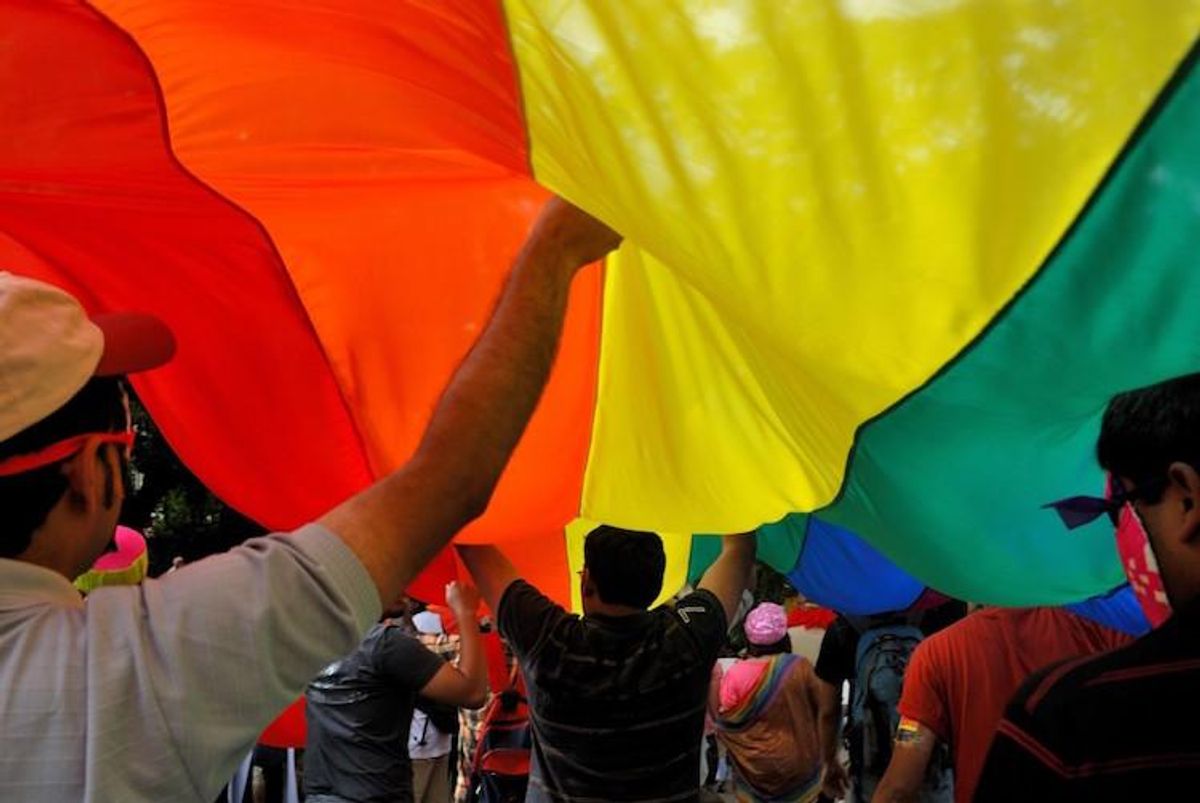India's Supreme Court keeps passing the buck on decriminalizing gay sex in the country after judges refused to hear a petition calling for the colonial-era law to be struck down.
The court referred the petitioners to India's chief justice, who is already hearing a separate case challenging Article 377 of the penal code. Article 377 prohibits "carnal intercourse against the order of nature," notably between two people of the same sex. Hailing from Victorian Britain's control over the subcontinent, the article had been struck down--only to be reinstated in 2013 by the Supreme Court.
While the chief justice considers new challenges, the court maintains that parliament--not the justices--must decide on the issue.
In May, the United Nations honored openly gay Indian Crown Prince Manvendra Singh Gohil for his HIV prevent efforts in the country. He spoke critically of Article 377 with Out reporters.
"This is a very colonial law, from the 1860s, that basically bans any sex that doesn't result in procreation," he said. "This anti-sodomy law has definitely been an impediment to HIV control within the country."
The prince also highlighted how the law hurts India's economic growth as a developing nation.
"India is in a lot of relationships with other countries where LGBTI issues are very openly discussed," he said. "If Indians have been denied their rights, how can you guarantee the security of foreigners coming into the country? If the government understands that more rights leads to more economic development, then they will come to understand the issues better."
The punishment for violating the law can result in up to 10 years in prison.
























































































